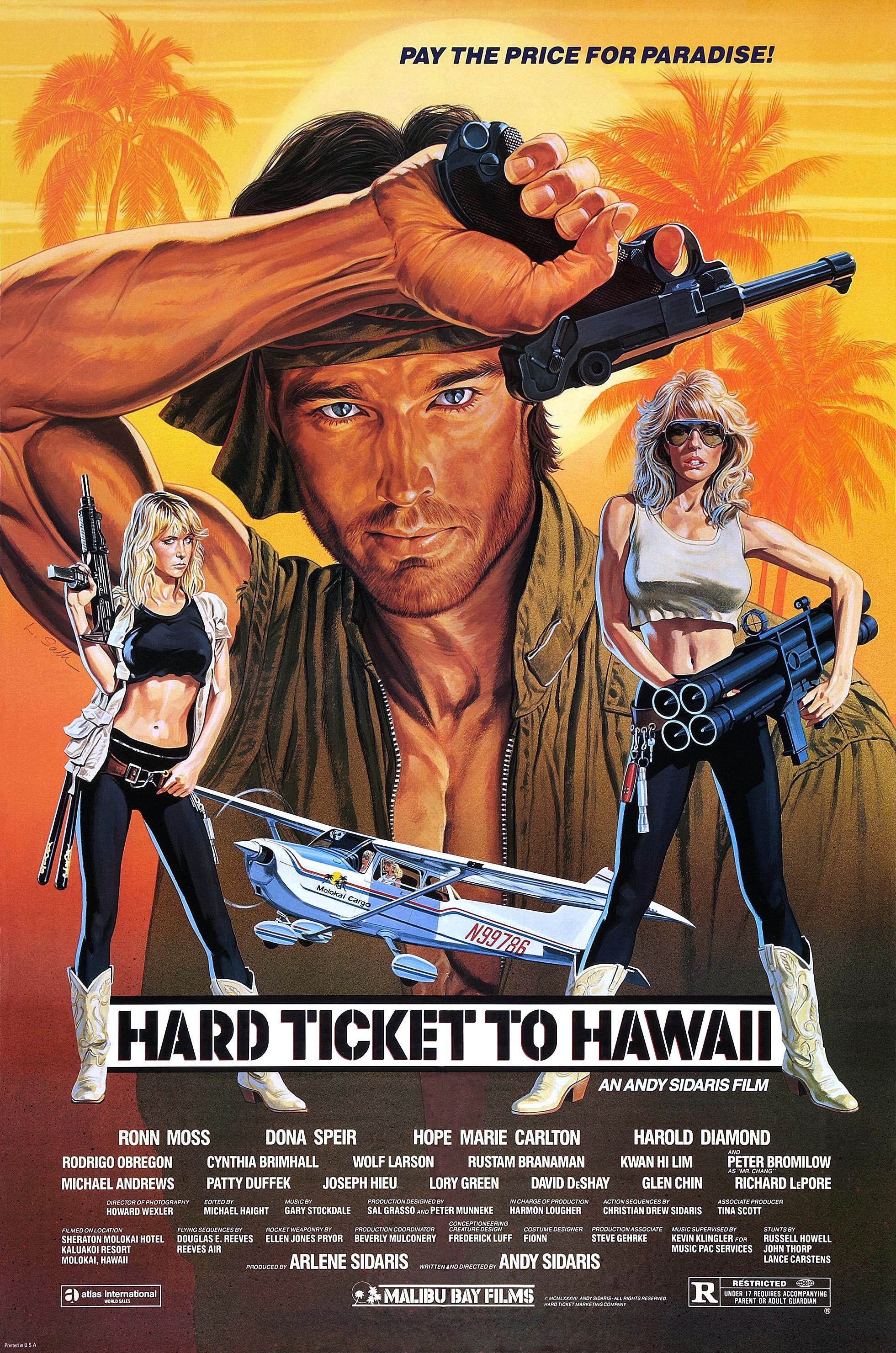Good metaphor, particularly for Cause and Effect, but that episode doesn’t qualify because every loop iteration actually happened.
Azathoth
- 1 Post
- 13 Comments
I like this theory in general and I think modern TV could benefit from more slower paced bottle shows. Maybe the fake-out is just an easy device to write within those constraints. But why does Voyager use it so much more than other Trek shows?
Projections is a perfectly good early Doctor episode. It walks so that later Doctor episodes can run and be even more amazing. For me, in re-watches particularly, it has at least one too many fake-out to make it really great (the false ending with Kes in sickbay). A few more on that list a really good too; it almost pained me to put Living Witness on there for example because I love it. I felt a little better about it when I went back and saw that almost all the TNG episodes that do fake-outs were good to great.
Voyager constantly uses the “everything goes back to the way it was” ending, but I didn’t count all of them because they’re mostly not designed to fool the viewers. Threshold is a fine example of that trope and a bad episode (though I softened to it a little bit listening to the Delta Flyers podcast; at least I get what they were going for now) so I’m right there with you on that one.
Ha. Yeah, I enjoy a Doctor Who sometimes but I almost never actually retain them in my memory, and one reason might be because I know going in that they’re all going to end in some kind of hyper-contrived insanity. Which isn’t to say I don’t like them, just that it’s harder to remember stuff that has no connection to anything!

 2·1 month ago
2·1 month agoYeah, now that people mention it I do think the VISOR would help quite a bit. Early on in TNG he even says he can detect if humans are lying from the minute physical changes (although the writers clearly drop that later, see his record at poker). Clearly that should be able to pick up all sorts of problems like internal temperature fluctuations and heart rate and in fact it does [The Enemy, TNG]. But what we don’t see is Geordi ever fixing those things on a humanoid on screen. So he might be better than O’Brien, but I still think B’Elanna has the edge overall. Even if my logic is iffy (and it is: she fixes the Doctor so she knows about doctoring? Eh) on screen other characters acknowledge her medical skills. Including the Doctor, who gives her genetic re-sequencing idea serious consideration before she reprograms him. Would she be a better medic than even Tom Paris, who has a lot of practice but clearly doesn’t like the work? I doubt it, but I’d probably take her in a life or death situation over the other engineers based solely on the primary sources.

 13·1 month ago
13·1 month agoI think we can pretty safely put Scotty and Trip at the bottom of the pile. They’ve never shown any specific aptitude for medical work and I think 24th century Starfleet basic medical training and technology helps everyone else. Of the remaining three, Geordi seems like he would be very nice and try to be as helpful as possible about your injuries, but I’m ranking him 3rd overall. I don’t recall O’Brien ever doing anything on screen to indicate his medical competence, but we can guess that maybe he’s seen enough combat to have picked up some of the basics, so second place to Miles. Torres, with her extensive knowledge of programming and reprogramming the Doctor (enough to suggest a DNA re-sequencing of her own baby to the Doctor [Lineage, Voy]) and the fact that her year at the academy may have been a double major in engineering and medical [Extreme Risk, Voy] makes me put her in first place.

 4·2 months ago
4·2 months ago2 points in round 1! 0 for round 2. Still a fun game, thanks for making them.

 13·2 months ago
13·2 months agoMy sources say that he is full of turtle meat.

 14·2 months ago
14·2 months ago0 points. Brutal. I actually felt like I was getting further away with each clue. Still a good game though.
Surely this aimless guitar noodling can’t last the whole movie, right?

 201·8 months ago
201·8 months agoThe Culture and it isn’t even close.



So, Rowsdower… is that a stupid name?